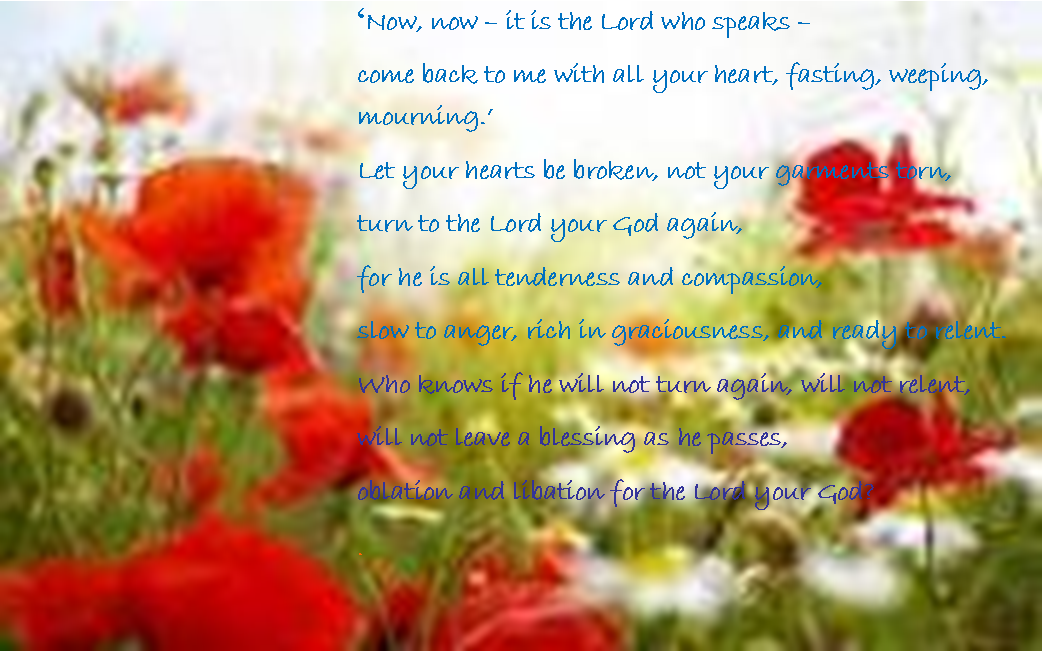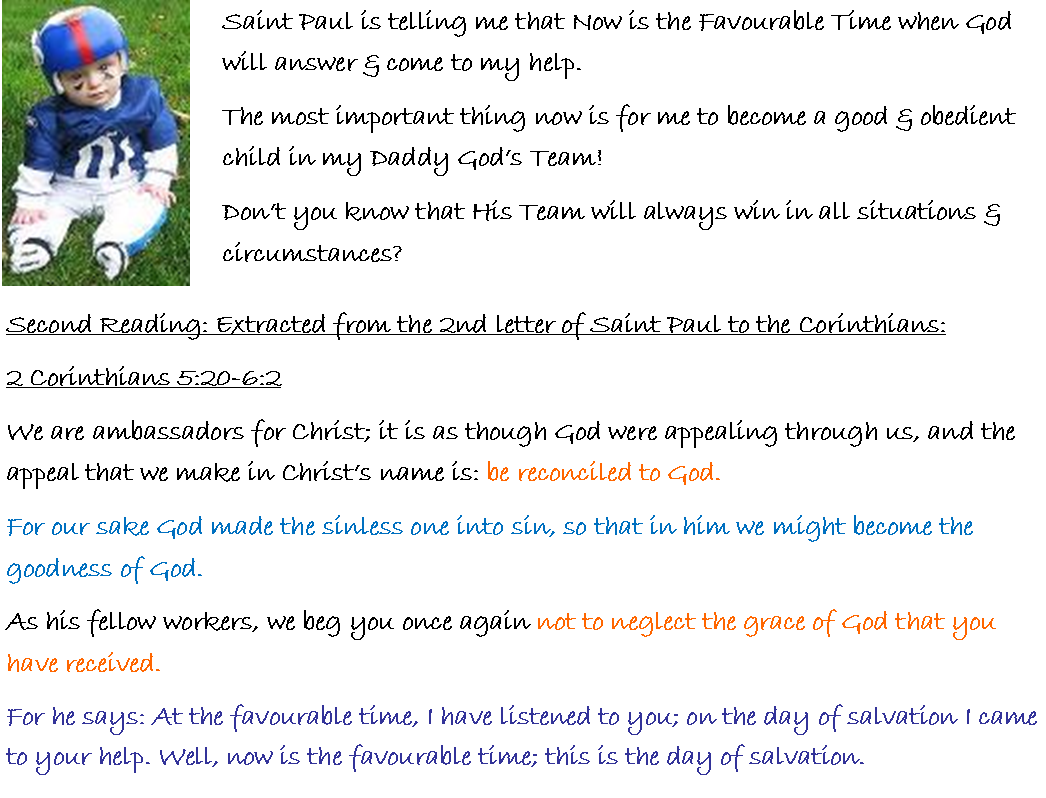|
135 |

|
The road that Jesus points out can seem a little unrealistic with respect to the common mind-set and to problems due to the economic crisis; but, if we think about it, this road leads us back to the right scale of values. He says: “Is not life more than food, and the body more than clothing?” (Matthew 6:25). In order to ensure that no one lacks bread, water, clothing, a home, work, health, we need to recognize that all people are children of the Father who is in Heaven and, therefore, brothers among us, and that we must act accordingly. I recalled this in the Message for Peace of 1 January this year: the way to peace is fraternity — this going together, sharing things with one another.
In the light of this Sunday’s Word of God, let us invoke the Virgin Mary as Mother of Divine Providence. To her we entrust our lives, the journey of the Church and all humanity. In particular, let us invoke her intercession that we may all strive to live in a simple and sober manner, keeping in mind the needs of those brothers who are most in need.
After the Angelus:
Dear brothers and sisters, I ask you to continue praying for Ukraine, which is in a delicate state: while I hope that all members of the Country strive to overcome their misunderstandings and together build the Nation’s future, I address a fervent appeal to the international community that it support every initiative in favour of dialogue and concord.
This week we enter Lent, the journey of the People of God toward Easter, a journey of conversion, of the fight against evil with the weapons of prayer, fasting and mercy. Humanity is in need of justice, reconciliation, peace, and can attain them only by returning wholeheartedly to God, who is the font. And we all are in need of God’s forgiveness. Let us enter the Lenten Season in the spirit of adoring God and in a spirit of fraternal solidarity with those who, at this time, are the most tried by destitution and violent conflicts.
I wish all of you a good Sunday and a good lunch. Good bye!
Acknowledgment: We thank the Vatican Publisher for allowing us to publish the Homily of Pope Francis I, so that it could be accessed by more people all over the world; as a source of God’s encouragements to all of us. |

|
First Reading: Extracted the prophet Joel 2:12-18: ‘Now, now – it is the Lord who speaks – come back to me with all your heart, fasting, weeping, mourning.’ Let your hearts be broken, not your garments torn, turn to the Lord your God again, for he is all tenderness and compassion, slow to anger, rich in graciousness, and ready to relent. Who knows if he will not turn again, will not relent, will not leave a blessing as he passes, oblation and libation for the Lord your God? Sound the trumpet in Zion! Order a fast, proclaim a solemn assembly, call the people together, summon the community, assemble the elders, gather the children, even the infants at the breast. Let the bridegroom leave his bedroom and the bride her alcove. Between vestibule and altar let the priests, the ministers of the Lord, lament. Let them say, ‘Spare your people, the Lord! Do not make your heritage a thing of shame, a byword for the nations. Why should it be said among the nations, “Where is their God?”’ Then the Lord, jealous on behalf of his land, took pity on his people. |

|
Responsorial: Psalm 51:3-6,12-14,17 Have mercy on us, O Lord, for we have sinned.
Have mercy on me, God, in your kindness. In your compassion blot out my offence. O wash me more and more from my guilt and cleanse me from my sin.
My offences truly I know them; my sin is always before me Against you, you alone, have I sinned; what is evil in your sight I have done.
A pure heart create for me, O God, put a steadfast spirit within me. Do not cast me away from your presence, nor deprive me of your holy spirit.
Give me again the joy of your help; with a spirit of fervour sustain me, O Lord, open my lips and my mouth shall declare your praise. |


|
Gospel Reading: Extracted from the holy Gospel according to Matthew 6:1-6, 16-18: Jesus said to his disciples: ‘Be careful not to parade your good deeds before men to attract their notice; by doing this you will lose all reward from your Father in heaven. So when you give alms, do not have it trumpeted before you; this is what the hypocrites do in the synagogues and in the streets to win men’s admiration. I tell you solemnly, they have had their reward. But when you give alms, your left hand must not know what your right is doing; your almsgiving must be secret, and your Father who sees all that is done in secret will reward you. ‘And when you pray, do not imitate the hypocrites: they love to say their prayers standing up in the synagogues and at the street corners for people to see them; I tell you solemnly, they have had their reward. But when you pray, go to your private room and, when you have shut your door, pray to your Father who is in that secret place, and your Father who sees all that is done in secret will reward you. ‘When you fast do not put on a gloomy look as the hypocrites do: they pull long faces to let men know they are fasting. I tell you solemnly, they have had their reward. But when you fast, put oil on your head and wash your face, so that no one will know you are fasting except your Father who sees all that is done in secret; and your Father who sees all that is done in secret will reward you.’
Sharing: It was Ash Wednesday on 5 March 2014.
The Readings that were read in the Eucharistic Celebrations all over the world on the same day are shown above.
We have extracted the Homilies Blessed Pope John Paul II, Pope Benedict XVI & Pope Francis I based on the aforesaid Readings to share with you, so that you could similarly be encouraged:
LENTEN STATION PRESIDED OVER BY THE HOLY FATHER HOMILY OF JOHN PAUL II Ash Wednesday, 17 March 1999
1. "Return to the Lord, your God, for he is gracious and merciful..." (Joel 2:13).
With this exhortation taken from the book of the prophet Joel, the Church begins her Lenten pilgrimage, the acceptable time for returning: for returning to God from whom we have turned away. This, in fact, is the meaning of the penitential journey which starts today, Ash Wednesday: to return to the Father's house, bearing in our hearts the confession of our own guilt. The psalmist invites us to say over and over: "Have mercy on me, O God, according to your steadfast love; according to your abundant mercy blot out my transgressions" (Psalm 50 [51]:1). With these sentiments, each of us sets out on the Lenten path, in the conviction that God the Father, who "sees in secret" (Matthew 6: 4, 6, 18), goes out to meet the repentant sinner as he returns. As in the parable of the prodigal son, he embraces him and lets him understand that, by returning home, he has regained his dignity as a son: "he was dead, and is alive again; he was lost, and is found" (Luke 15: 24).
In this year particularly dedicated to God the Father, Lent becomes even more important as an acceptable time for making an authentic journey of conversion, so that we may return with repentant hearts to the Father of all, who is "gracious and merciful, slow to anger, and abounding in steadfast love" (Joel 2: 13).
2. The very ancient and moving rite of ashes today opens this penitential journey. While putting ashes on the heads of the faithful, the celebrant warns each of them: "Remember, you are dust and to dust you will return!" (cf. Genesis 3:19).
These words also refer to a "return": the return to dust. They allude to the necessity of death and invite us not to forget that we are merely passing through this world.
At the same time, however, the expressive image of dust calls to mind the truth about creation with an allusion to the richness of the cosmic dimension of which the human creature forms a part. Lent recalls the work of salvation, to make man aware of the fact that death, a reality he must constantly face, is nevertheless not a primordial truth. Actually, it did not exist at the beginning, but, as the sad consequence of sin, it "entered the world through the devil's envy" (Wisdom 2:24), becoming the common inheritance of human beings.
More than to other creatures, the words: "Remember, you are dust and to dust you will return!" are addressed to man, created by God in his own image and placed at the centre of the universe. In reminding him that he must die, God does not abandon the initial plan, but rather confirms it and re-establishes it in an extraordinary way after the rupture caused by original sin. This confirmation came to pass in Christ, who freely assumed the burden of sin and willingly submitted to death. The world thus became the scene of his saving passion and death. This is the paschal mystery, to which the season of Lent directs us in a most special way.
3. "Remember, you are dust and to dust you will return!".
Human death was defeated by the death of Christ. If, then, the Lenten season directs us to relive the tragic events on Golgotha, it does so always and exclusively to prepare us to be later immersed in the fulfilment of the paschal event, that is, in the bright joy of the resurrection. This is how we should understand the other exhortation that the Church addresses to the faithful during the distribution of ashes: "Turn away from sin and be faithful to the Gospel" (Mark 1: 15). What does it really mean to "be faithful to the Gospel", if not to accept the truth of the resurrection with all it entails? From the very first day of Lent, therefore, we enter into this saving horizon, exclaiming with the psalmist: "Create in me a clean heart, O God, and put a new and right spirit within me.... O Lord, open my lips, and my mouth shall show forth your praise" (Psalm 50 [51]:10, 15).
Continue next page …
16 March 2014 |